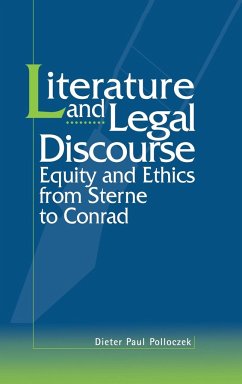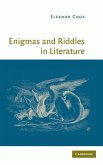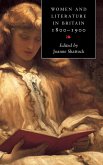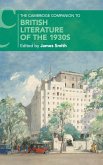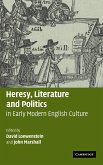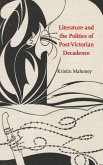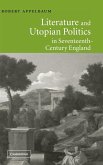The intersection between law and literature is a developing area in literary studies. Recent work has argued that literature provides an imaginary forum in which legal ideals and practices may be tested. In Literature and Legal Discourse: Equity and Ethics from Sterne to Conrad Dieter Polloczek develops this idea by comparing the notion of equity, or ethics, in fiction with its legal equivalent. He shows how the novel, with its increasing social scope and formal sophistication, provided a means of transmitting, questioning and refining society's traditions, values and modes of self-questioning. Polloczek analyses the links between actual legal fictions like substituted judgements, notions of equity, literary tropes and the construction and representation of social bonds through sentiment, philanthropy and marginalisation. Pollozcek's study is both theoretical and historical, covering a period that extends from the eighteenth century to the modernist period, and texts from Sterne, Dickens, Bentham and Conrad.
Table of contents:
Introduction; 1. Trappings of a transnational gaze: legal and sentimental confinement in Sterne's novels; 2. Reinstitutionalizing the common law: Bentham on the security and flexibility of legal rules; 3. Aporias of retribution and questions of responsibility: classifying the legacy of incarceration in Dickens's Bleak House; 4. A curse gone re-cursive: the case and cause of solidarity in Conrad's The Nigger of the 'Narcissus'; 5. Conclusion.
Recent work has argued that literature provides an imaginary forum in which legal ideals and practices may be tested. Dieter Polloczek develops this idea in a theoretical and historical study, extending from the eighteenth century to the modernist period, and covering texts from Sterne, Dickens, Bentham and Conrad.
Explores the intersection between law and literature in the eighteenth century and modernist period.
Table of contents:
Introduction; 1. Trappings of a transnational gaze: legal and sentimental confinement in Sterne's novels; 2. Reinstitutionalizing the common law: Bentham on the security and flexibility of legal rules; 3. Aporias of retribution and questions of responsibility: classifying the legacy of incarceration in Dickens's Bleak House; 4. A curse gone re-cursive: the case and cause of solidarity in Conrad's The Nigger of the 'Narcissus'; 5. Conclusion.
Recent work has argued that literature provides an imaginary forum in which legal ideals and practices may be tested. Dieter Polloczek develops this idea in a theoretical and historical study, extending from the eighteenth century to the modernist period, and covering texts from Sterne, Dickens, Bentham and Conrad.
Explores the intersection between law and literature in the eighteenth century and modernist period.

